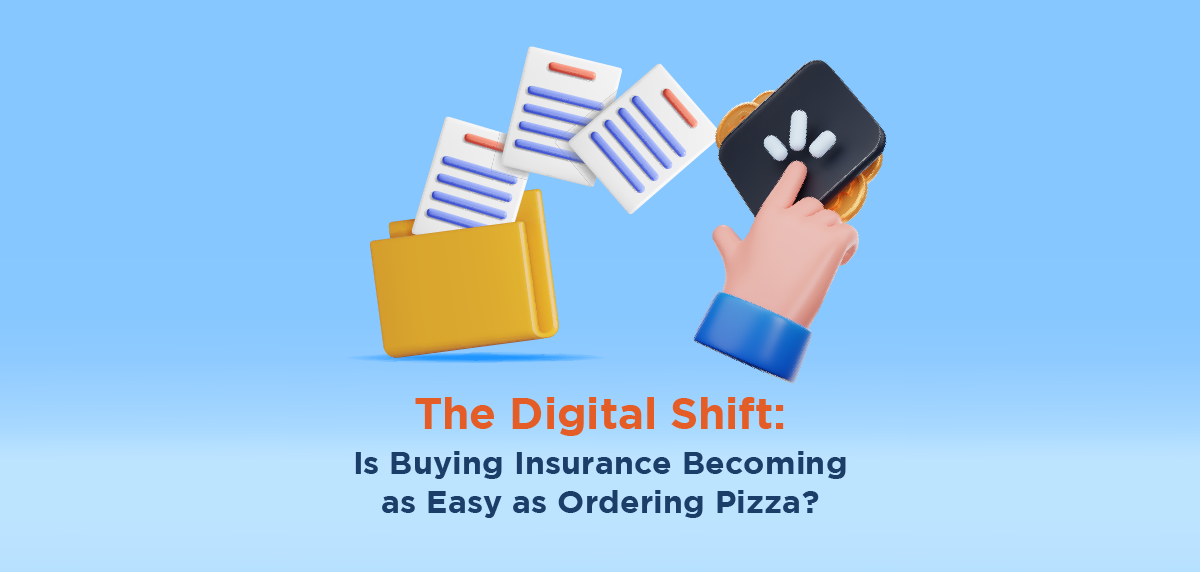In India, providing group insurance coverage is a widely adopted way to ensure financial security for all members within an organisation. It is cost-effective and offers broad coverage under a single master policy. It is usually offered by employers to employees, associations to their members, or even financial institutions to their customers.
There are multiple types of group insurance policy options available in the Indian market, depending on the needs of the group. But before diving into the different plans, let’s understand what group insurance is.
What is Group Insurance?
It is a type of policy providing coverage to a group of individuals under one master contract. The biggest benefits of group insurance include its affordability, simple administration, and accessibility. The premiums for a group plan are often lower than those of an individual plan, because, in the former option, the risk is shared amongst several people.
The coverage benefits of group insurance depend on the type of group policy in question.
Types of Group Insurance Plans
Here are the most common and widely used types of group insurance plans in India:
Group Term Life Insurance
Group Term Life Insurance provides life coverage to members of a group, usually employees, for a fixed term. In the event of the insured's unfortunate death during the policy term, their nominee receives a lump sum payout.
Key features include:
- Cost-effectiveness for employers
- Coverage for death due to any cause
- Premiums usually paid by the employer
- End of coverage when the individual leaves the organisation.
Group Health Insurance
This is one of the most basic and common types of group insurance plans. It provides medical coverage to employees and their families. It can include hospitalisation, pre-hospitalisation and post-hospitalisation expenses, surgeries, and daycare procedures.
Benefits of group health insurance include:
- Cashless hospitalisation
- Coverage for family members (spouse, children, parents)
- Wellness programs, annual health checkups, etc.
- Tax benefits for the employer (if they are paying the premiums).
Group Personal Accident Insurance
This group insurance plan provides financial assistance in case of death or disability due to an accident. It is usually offered to employees in high-risk jobs such as manufacturing, construction, or logistics.
Coverage includes:
- Accidental demise
- Partial or permanent disability
- Hospital expenses following an accident.
Group Travel Insurance
It is suitable for companies whose employees travel frequently for business purposes. It offers coverage against trip delays, cancellations, medical emergencies abroad, and loss of baggage or passport.
Advantages include:
- Saving time and paperwork for frequent flyers
- Global protection
- Availability for both short-term and long-duration trips.
Group Pension or Superannuation Plan
This type of group insurance policy is aimed at helping employees build a retirement corpus. Employers contribute regularly to the fund, which can later be used to provide monthly pensions after retirement.
Features include:
- Regular income post-retirement
- Tax benefits for both employer and employee
- Helps create a financially secure future.
Group Micro Insurance
Micro insurance is designed for economically weaker sections, especially rural or informal sector workers. The master policyholder can opt for a micro insurance plan to cover their borrowers or members of the organisation and their loved ones against financial liabilities.
Why it matters:
- Affordable and easy to understand
- Helps bring insurance access to underserved communities
- Usually promoted by NGOs, cooperatives, or MFIs.
Group Credit Life Insurance
This type of group insurance policy is often linked to loans. It pays off the borrower’s outstanding loan amount in case of their demise during the loan term. It is beneficial for both lenders and borrowers.
Features include:
- Attached to home loans, personal loans, or microloans
- Offers peace of mind to the borrower’s family
- Premiums can be bundled with EMIs.
Employees’ Deposit Linked Insurance Scheme (EDLI)
EDLI is a statutory life insurance benefit provided under the Employees' Provident Fund (EPF) scheme. It offers a lump sum payout to the nominee if the employee passes away during the service period.
Features include:
- Coverage available to all EPF members
- Maximum payout of up to ₹7 lakh
- No premium paid by the employee; the employer contributes a small amount.
It is one of the most inclusive types of group insurance policy options, as it provides millions of formal sector workers with life insurance coverage in India.
India offers several types of group insurance plans to meet the needs of different groups and income levels. Whether it is health insurance, life insurance plans, accident coverage, or micro insurance, these policies ensure broader financial protection to one and all. Along with understanding the various types, it is also important to consider the advantages and disadvantages of group insurance to ensure you make informed choices that ensure long-term security.
























